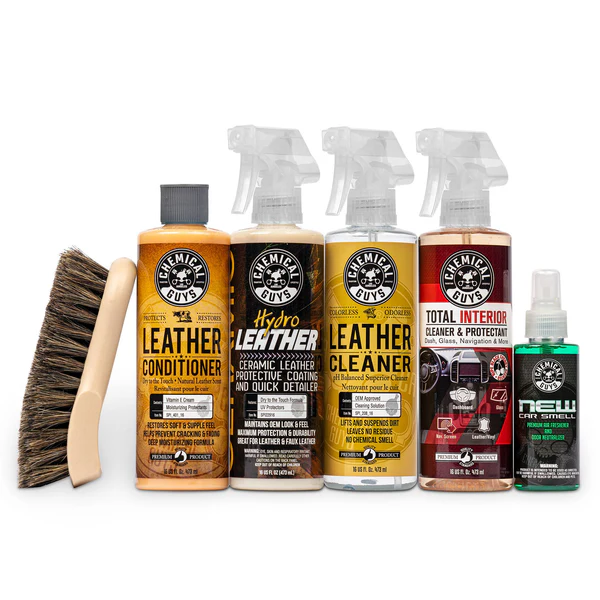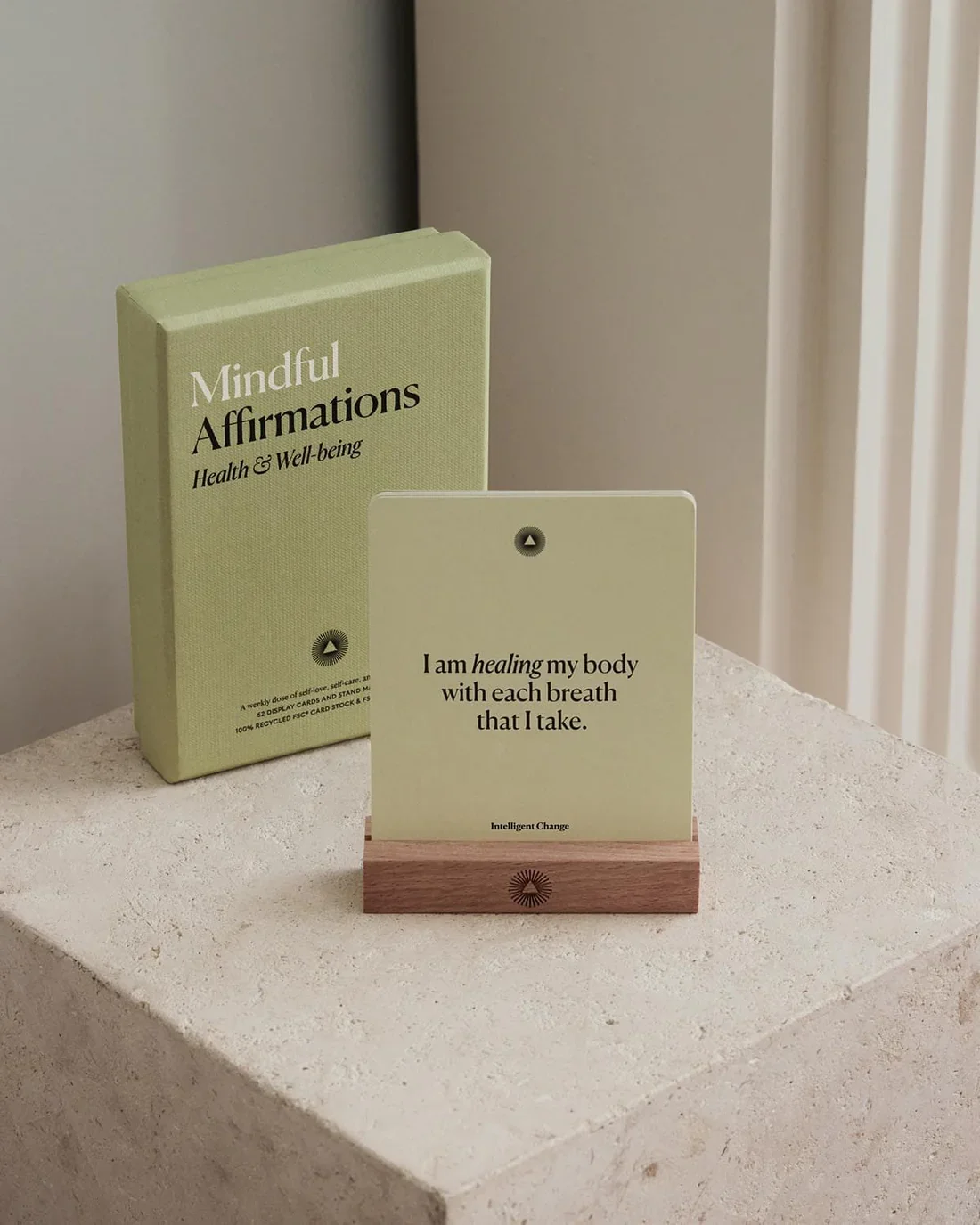Hobbies are more than just a way to pass the time—they’re a gateway to personal growth, relaxation, and even new friendships. Whether you're looking to de-stress after a long day, develop a new skill, or simply enjoy something different, hobbies offer a fulfilling outlet that can enrich your daily life. But with so many options available, choosing the right one can feel overwhelming.
In this article, we’ll explore three popular hobbies that are not only enjoyable but also offer a range of physical, mental, and social benefits. From the thrill of team sports to the quiet satisfaction of building model kits, and the creative joy of learning an instrument, these activities might just inspire your next passion.
No. 1
Playing Sports
Sports have long been one of the most widespread and beloved hobbies around the world. But enjoying sports doesn’t have to mean sitting on the couch watching your favorite team—it can also mean getting out there and playing yourself.
Why Sports Make a Great Hobby:
Physical Benefits: Improve cardiovascular health, strength, and endurance.
Mental Boost: Reduce stress and improve mood through endorphin release.
Social Interaction: Join local teams or community leagues and meet like-minded individuals.
Getting started is easier than you might think. All it takes is finding a local group or team, gathering the essentials—such as a pair of cleats or left-handed baseball gloves—and showing up with a willingness to learn and have fun. Whether it's soccer, basketball, tennis, or baseball, sports offer a dynamic way to stay active and engaged.
No. 2
Making Model Kits
If you’re looking for a hobby that’s more relaxed and detail-oriented, making model kits could be the perfect fit. Often overlooked, this hobby has a dedicated following and offers a deeply satisfying experience.
What Makes Model Kits So Appealing:
Variety: Choose from trains, planes, cars, military vehicles, or pop culture themes.
Mindful Focus: Engage in a calming, meditative activity that sharpens concentration.
Creative Expression: Customize and paint your models to reflect your personal style.
Model building is not only a relaxing way to spend your time, but it also gives you a tangible result for your efforts. Whether you're assembling a replica of a classic fighter jet or a scene from your favorite movie, the finished product is something you can proudly display.
Skillshare
Explore thousands of creative classes on one of the leading online learning platforms for creatives with 1 month free!
No. 3
Learning an Instrument
Music is a universal language, and learning to play an instrument is one of the most rewarding hobbies you can pursue. It stimulates the brain, enhances coordination, and provides a powerful outlet for self-expression.
Why You Should Pick Up an Instrument:
Cognitive Benefits: Improve memory, focus, and problem-solving skills.
Emotional Outlet: Express yourself through melodies and rhythms.
Accessibility: Learn at your own pace with online resources, apps, or local classes.
Whether you’re drawn to the strum of a guitar, the rhythm of the drums, or the elegance of a violin, there’s an instrument out there for everyone. Don’t be discouraged if you struggle at first—progress comes with practice, and before long, you’ll be playing your favorite songs with confidence.
Takeaways
There’s no shortage of hobbies to explore, but the key is finding one that resonates with you. Whether you’re seeking excitement, relaxation, or a creative outlet, there’s something out there that can enrich your life in unexpected ways.
In this article, we highlighted three popular hobbies—playing sports, building model kits, and learning an instrument—that offer a blend of enjoyment, personal development, and social connection. You don’t have to try them all at once. Start with one that piques your interest and see where it takes you.
Hobbies aren’t just about passing the time—they’re about discovering new passions, building skills, and connecting with others. So why wait? Dive in, explore, and enjoy the journey. You might be surprised by how much joy a simple hobby can bring into your life.
Looking for resources?
At Hello Lovely Living, we aim to empower you to earn and save money and time while benefiting from our expansive network of home, life, wellness, travel, work-from-home, career, and business resources and opportunities. Discover a wealth of tools to support your journey.




































































